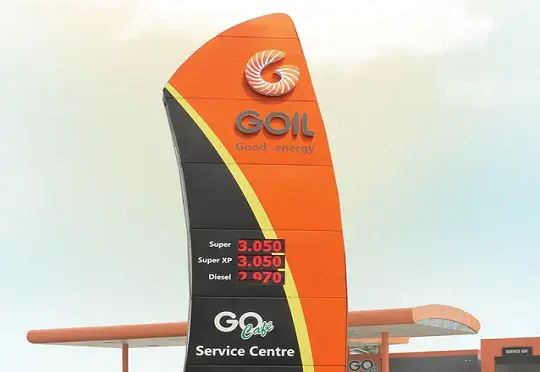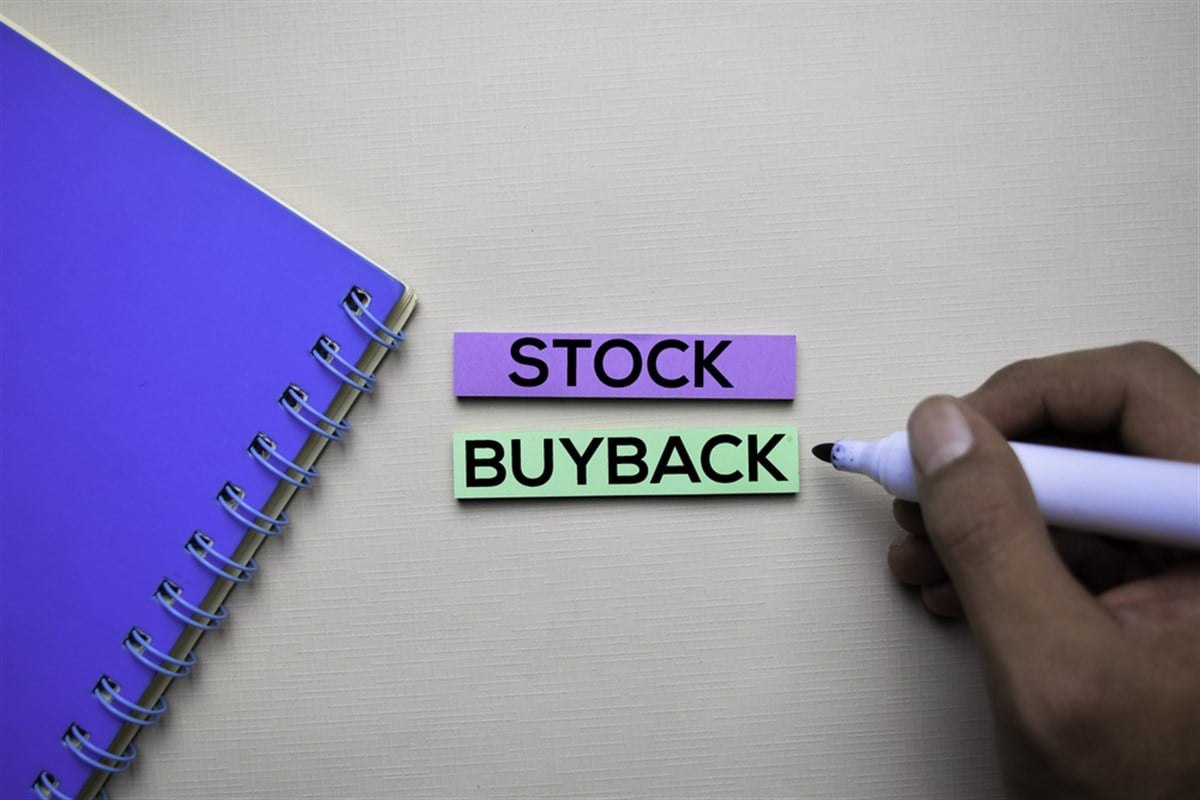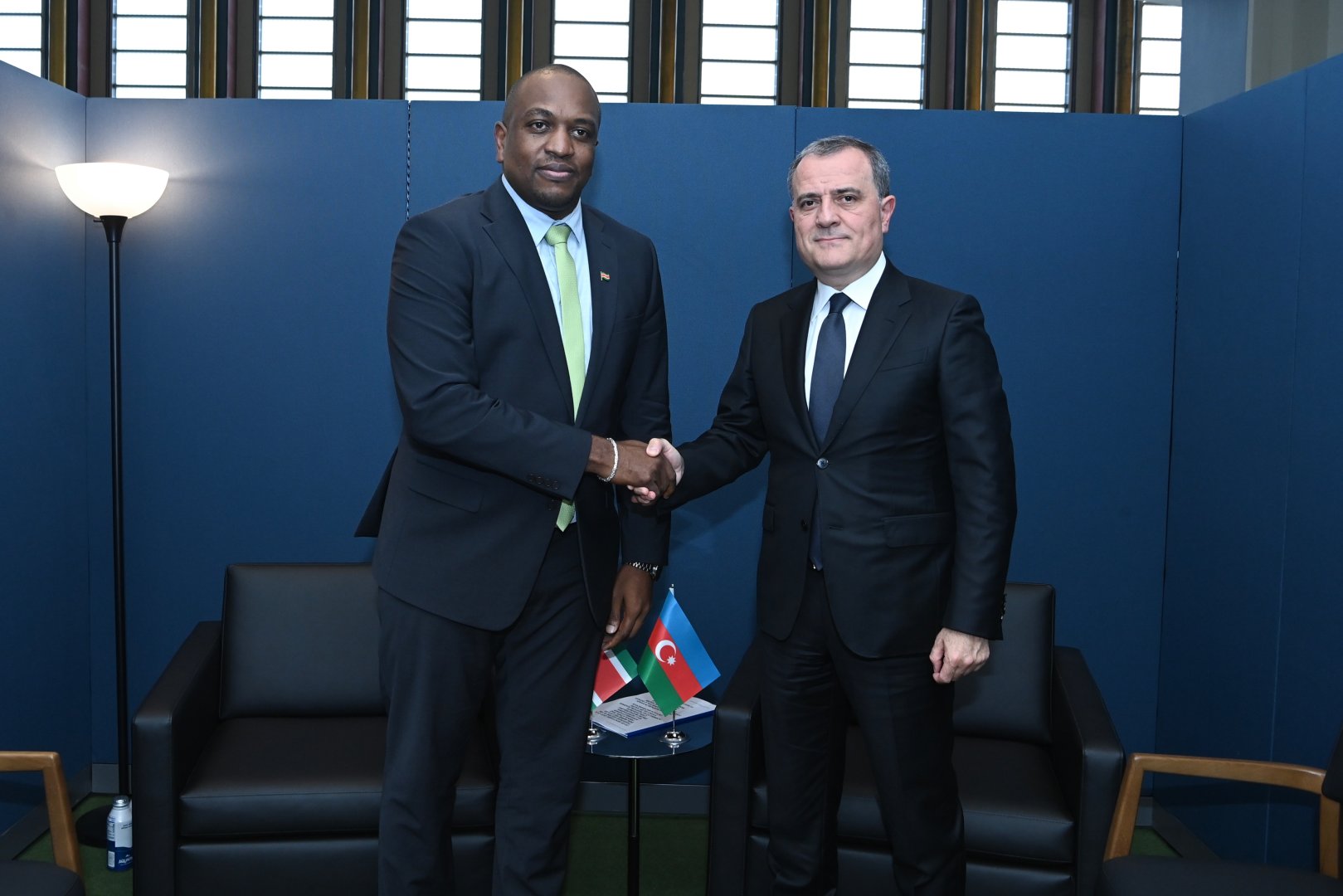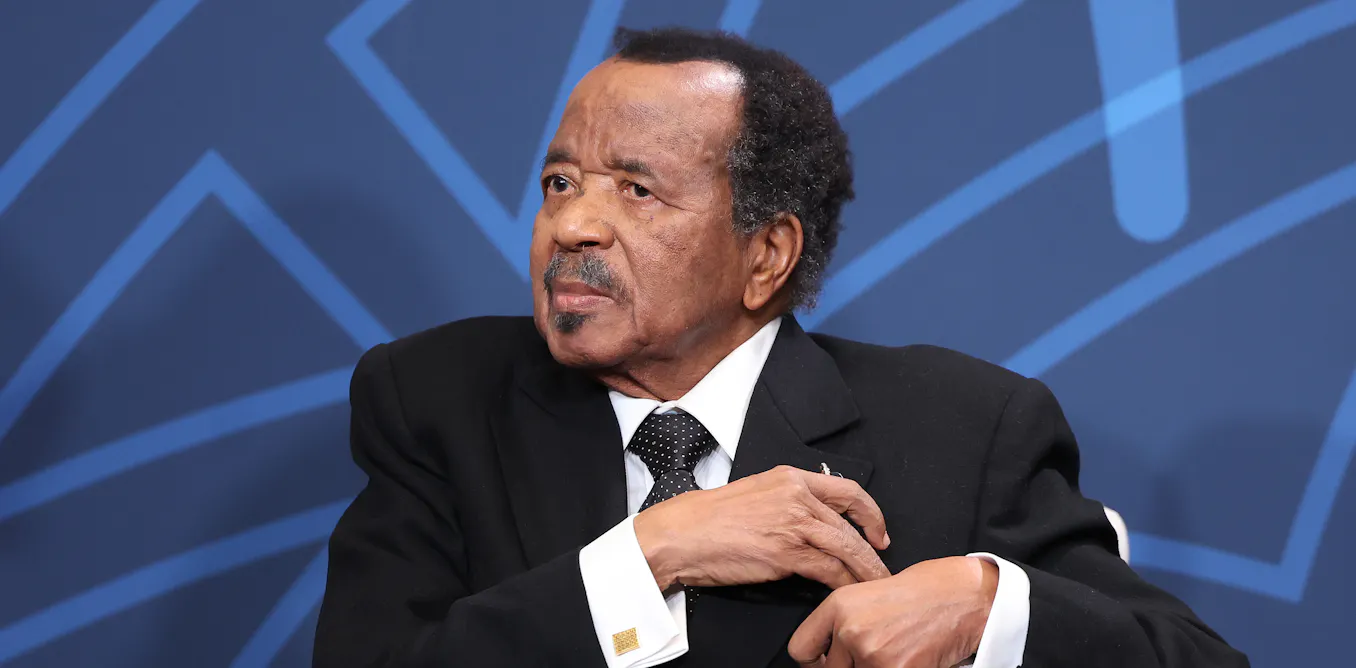By Ghana News
Copyright ghanamma

Ghana Oil Company Limited (GOIL) increases pump prices to GH¢13.38 per litre for petrol and GH¢14.20 for diesel while major competitors maintain lower rates amid global supply uncertainty
Ghana Oil Company Limited (GOIL) has become the first major fuel retailer to break weeks of price stability, implementing significant increases that position the state-affiliated company above its private sector competitors despite declining international crude oil prices.
The pricing adjustment places petrol at GH¢13.38 per litre, representing a 3% increase from GH¢12.99, while diesel climbed to GH¢14.20 from GH¢13.90. This move contradicts typical market patterns where fuel prices generally align with global crude oil movements.
Brent crude futures traded at $66.53 per barrel on Monday, reflecting a 3.29% decline over the past month, creating a disconnect between international energy costs and GOIL’s domestic pricing strategy.
The decision establishes GOIL as the premium-priced option among Ghana’s major fuel retailers, potentially testing consumer loyalty in a price-sensitive market where transportation costs significantly impact household budgets and business operations.
Market dynamics suggest GOIL’s pricing strategy may reflect unique cost structures or strategic positioning rather than immediate crude oil price pressures. The company’s decision comes amid broader industry discussions about sustainable pricing models in Ghana’s competitive fuel retail landscape.
Global oil markets remain under pressure from supply concerns, with Iraqi and Kurdish government agreements to restart pipeline exports potentially adding significant volumes to international markets.
Major competitors have maintained substantially lower pricing strategies, creating notable price disparities across Ghana’s fuel retail sector. Star Oil continues offering petrol at GH¢12.77 per litre and diesel at GH¢13.45, representing savings of approximately 4.5% compared to GOIL’s new rates.
TotalEnergies maintains petrol pricing at GH¢12.88 per litre, while Shell offers petrol at GH¢12.89 per litre. These pricing positions suggest alternative supply chain strategies or margin structures that enable lower consumer prices despite similar international procurement costs.
The pricing divergence highlights Ghana’s deregulated fuel market dynamics, where individual companies set pump prices based on their operational strategies rather than government-mandated rates. This system theoretically promotes competition while allowing market forces to determine optimal pricing levels.
Industry observers note that GOIL’s state connections and extensive distribution network may provide pricing flexibility not available to smaller competitors. The company operates as Ghana’s second-largest oil marketing company (OMC), with significant market share enabling potentially different strategic approaches.
The Chamber of Oil Marketing Companies (COMAC) had previously projected industry-wide price increases of approximately 6% in mid-September, suggesting GOIL’s adjustments align with earlier sector forecasts despite competitor reluctance to implement similar changes.
COMAC projections indicated petrol could reach GH¢14.17 per litre, diesel GH¢14.67, and liquefied petroleum gas nearly GH¢14 per kilogram. However, only GOIL has moved toward these projected levels, while competitors maintain lower pricing strategies.
The preliminary agreement for Kurdistan to deliver at least 230,000 barrels per day to Iraqi state marketing company SOMO represents significant potential supply additions that could influence global pricing trends in coming months.
Consumer impact analysis suggests GOIL’s pricing increases could affect transportation costs for commercial operators and individual consumers who rely on the company’s extensive station network. The price differential may drive customer migration to lower-priced competitors where geographically feasible.
Financial market implications include potential margin improvements for GOIL if demand remains stable despite higher pricing. The strategy tests price elasticity in Ghana’s fuel market while potentially providing revenue advantages if competitors eventually align with similar pricing levels.
Industry consolidation pressures may intensify as smaller operators face margin compression between international procurement costs and competitive retail pricing. The pricing spread between major players creates opportunities for market share shifts based on consumer price sensitivity.
Regional supply chain developments continue influencing global crude oil markets, with Middle Eastern export capacity expansions potentially affecting long-term pricing trends. Ghana’s fuel retailers must balance international cost pressures with domestic market competition and consumer affordability concerns.
The fuel pricing landscape reflects broader economic pressures affecting Ghanaian consumers, including inflation concerns and currency stability issues that influence purchasing power for essential commodities like transportation fuel.
GOIL’s strategic positioning suggests confidence in brand loyalty and service quality advantages that may justify premium pricing compared to competitors. The company’s extensive infrastructure investments and market presence provide potential competitive moats beyond pure price competition.
Market observers await competitor responses to determine whether GOIL’s pricing represents industry-wide trend initiation or company-specific strategic positioning that will maintain current pricing disparities across Ghana’s fuel retail sector.



